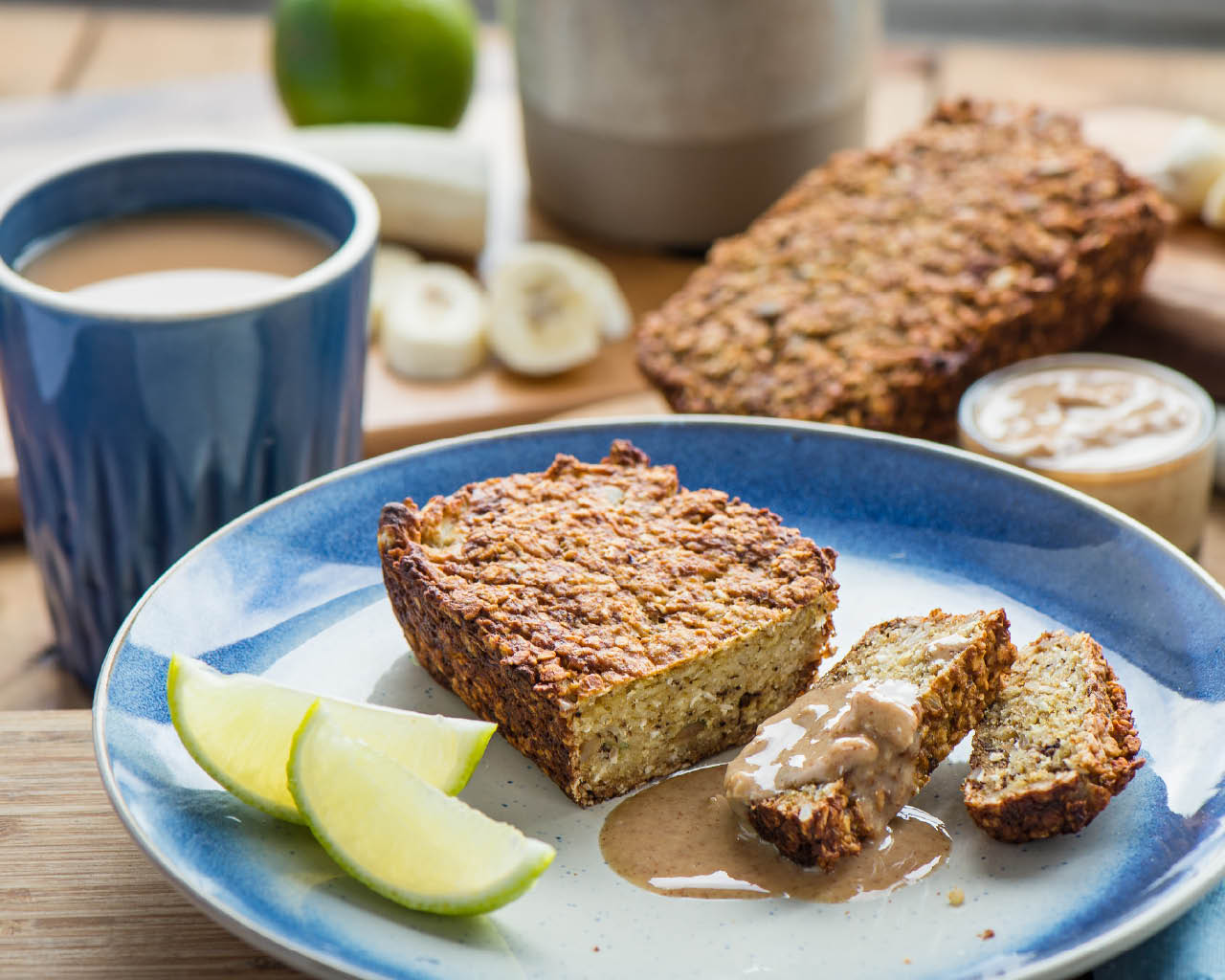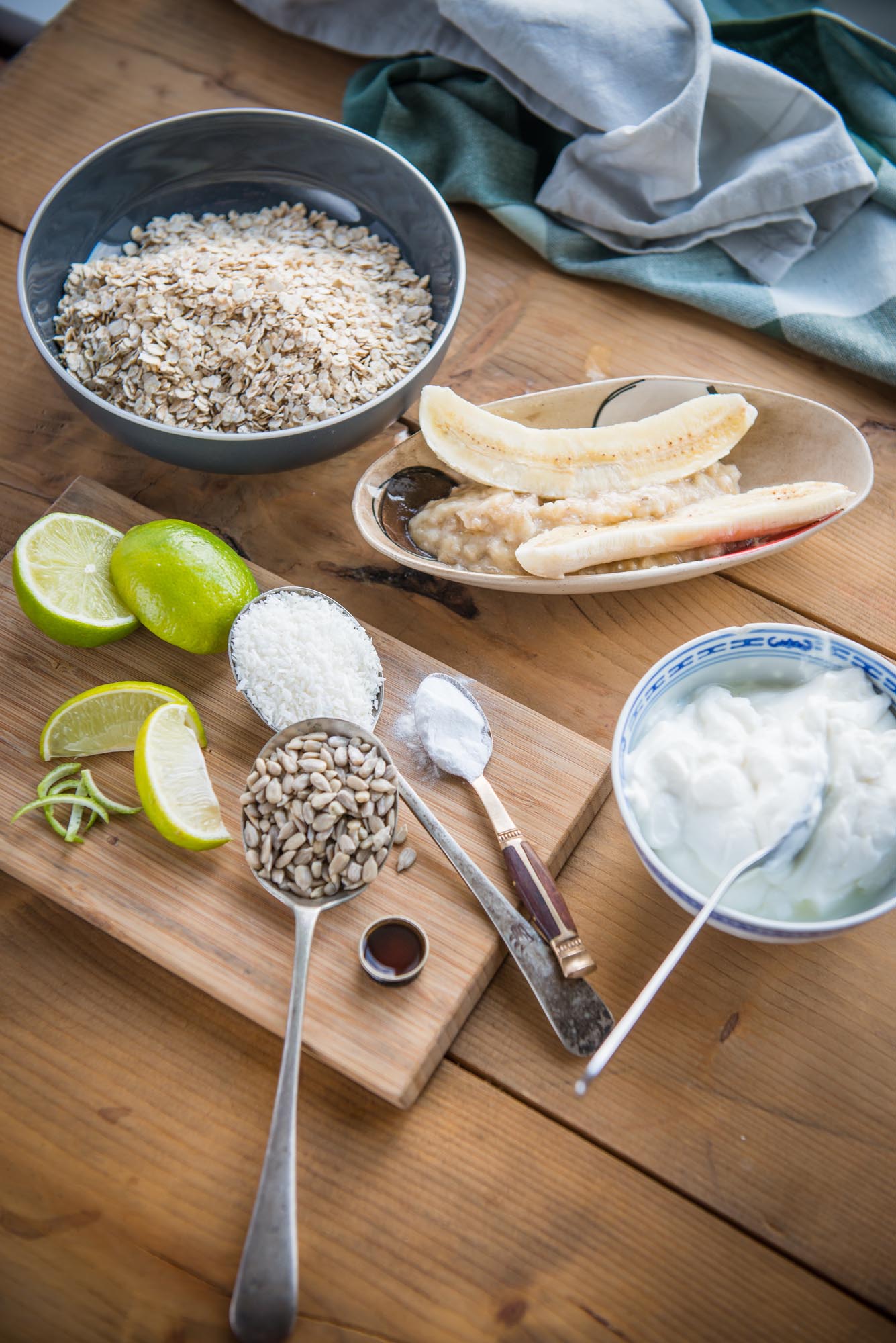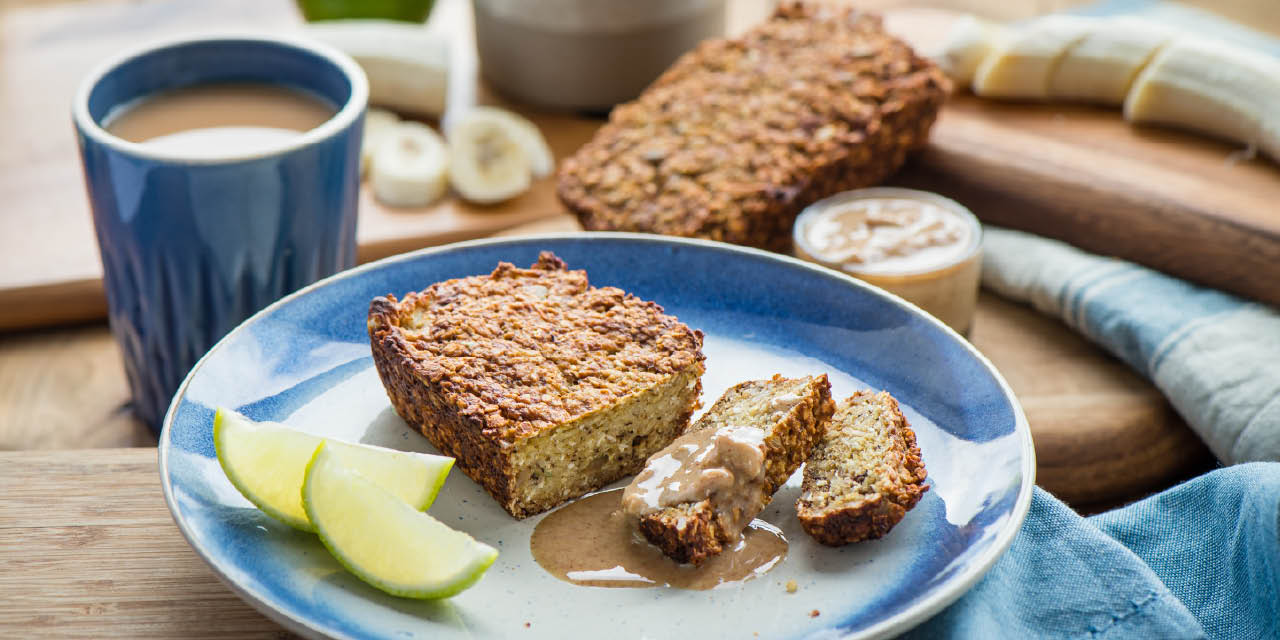This article addresses a phenomenon whereby people take a top-down approach to fuelling their gym routines. They start with supplemental nutrition such as protein powders, multi-vitamins, and all sorts of ergogenic aids before addressing their baseline food intake. Although I’m not against any of these additional supports, I recommend starting from the bottom up.
Following these tips, you shouldn’t need much supplementation, but we’re all individual. If you’ve found a strategy that works for you; brilliant. If you’re stagnating, then come back to the drawing board with me.
1.Be Prepared - Batch Cooking
The old saying fail to prepare, prepare to fail is a bit harsh in my book. You won’t fail, you just might not succeed in the way you wanted to. That’s why batch-cooking is a constant recommendation of mine. Being prepared with homemade, nutritious food will bring you closer to your goals. Being ill-prepared, and relying on ‘handy’ but overly processed foods will keep you from hitting your goals fully. It doesn’t mean you’ll fail, but it’s disheartening to be so close and remain so far. Batch-cook stews and casseroles, grains and meats, so that they’re stored in the fridge or freezer ready to be used and reheated after an evening workout.
2. Smart Carbs- Not Low Carb
Carbohydrates are integral to the fuelling strategy of an athlete. 50-65% of your total caloric intake each day can afford to be from good quality carbohydrates. Foods like oats, brown rice, wholewheat pasta, sweet potatoes, veggies, salads, and fruits can comfortably take up space on your plate in order to fuel your day. Simple carbohydrates can be used strategically. Bananas, dates, and bagels, for example, will convert to glucose quite quickly, providing immediate fuel pre-exercise, particularly for endurance athletes heading out for a long run or bike ride. Remove refined carbohydrates such as pastries, cakes, and biscuits; they provide little in the way of positive nutrition for exercise.
3.Lean Protein and Plant-Based Protein
Animal protein should be lean, such as chicken, turkey, white fish. Small oily fish and organic free-range eggs are also excellent sources of protein, with the former being an additional source of omega 3 and both being a source of vitamin D. Plant-protein is also an excellent option, and several high profile vegan and vegetarian athletes prove that it is possible to build muscle and recover from exercise using beans, legumes, quinoa, and good quality tofu and tempeh. It’s also an additional source of fibre, vitamins and minerals.
4.Food is Fuel- Time it Right
When you’re training for an event, or exercising to change body composition, food should be considered fuel - it’s what pushes you further, and what helps you recover faster. Timing your food intake around your exercise regime is important. If you work out first thing in the morning, make sure your dinner the night before is on point with complex carbs and protein, and try and put something in just before the session if you can, like half a banana. If you work out in the evening, you can afford to have good quality carbohydrates in the morning and afternoon meals, utilising them as fuel for your evening workout.

5.Timing Protein
Protein is an essential macronutrient, and many people overlook its importance when their focus is on carbs or fat. However, many more obsess over it. You need protein, don’t ignore it, but you don’t need protein in excess so don’t shovel shake after shake into you. Whole food can deliver your protein needs from your meals and snacks. For someone working out 4-5 times a week for up to an hour at a time, 1.2g-1.7g of protein per kilo of body weight is a good range to aim for. For most people, that works out at about 20-30g of protein for each of their 3 main meals as well as their 2 snacks.
What does this translate to in real food?
- Breakfast: 3 eggs scrambled on toast with grilled mushrooms, tomatoes, courgette and spinach (29g).
- Mid-morning: Greek yogurt with walnuts and berries (19g).
- Lunch: bowl of kidney bean chilli with quinoa (20g).
- Mid-afternoon: banana bread and peanut butter (15g).
- Dinner: chicken fillet, with sautéed greens, a small baked sweet potato, and rocket salad (35g).
Many studies show that there is a plateau with protein assimilation, so more is not necessarily better. Steady intakes throughout the day will see you hit your macronutrient needs for change in body composition as well as keeping you feeling fuller for longer.
6.‘Healthy’ can be high energy
It’s important to create a baseline nutritional intake that does not rely on synthetic or overly processed foods. It is also important that you keep total energy in mind, even if the food is healthy. Snacking on a bag of cashew nuts because you’re watching your sugar intake, or creating protein balls from peanut butter, oats, and dates because you want to eat real food, can increase your energy intake by hundreds of calories. This will drastically reduce your chances of hitting your goals.
7.Boost your immune system
It’s soul-destroying getting to the end of a 12-week training cycle and being unable to compete due to illness. Runs in the rain, warm and damp fitness studios, humid swimming pools, all can present ideal conditions for bacteria and viruses to incubate and proliferate. If your body is being pushed to its capacity at peak training times, protecting itself against colds and flu, respiratory tract infections, and viral infections is a challenge. Because the bulk of your immunity is located in your gut, probiotic foods such as kefir, live yogurt, kimchi, sauerkraut, and kombucha are excellent additions to your meal plan. Anti-inflammatory foods are also essential to add, so infuse your stews and soups with garlic, turmeric, and ginger.
8.Hydrate
Electrolytes and glucose change the osmolarity of water on par with blood and plasma, and thus water is absorbed into the bloodstream and around the body for use more efficiently. That’s why sports drinks are marketed so heavily for hydration. As a baseline, water should be your main fluid source throughout the day. Sip your water steadily throughout the day while at work/college to maintain optimum hydration.
List of ingredients for delicious Coconut Lime Banana Bread

Step 1 - Dry Ingredients
One part yogurt to two part oats
Fill the yogurt tub with oats and add to bowl
- Add 1 tbsp sunflower seeds
- Add 1 tbsp Coconut
- Add 1 tsp Baking Soda
Step 2 - Wet Ingredients
- Add the greek yogurt to the bowl
- Add 1 mashed banana
- Add 1 tsp Vanilla Extract
- Add zest of 1 Lime
Step 3 - Bake
- Transfer the ingredients into a baking tray
- Bake for 25-30 (Stick a fork into the mixture to ensure it is cooked through)
Check back next month for Carla's next recipe.



